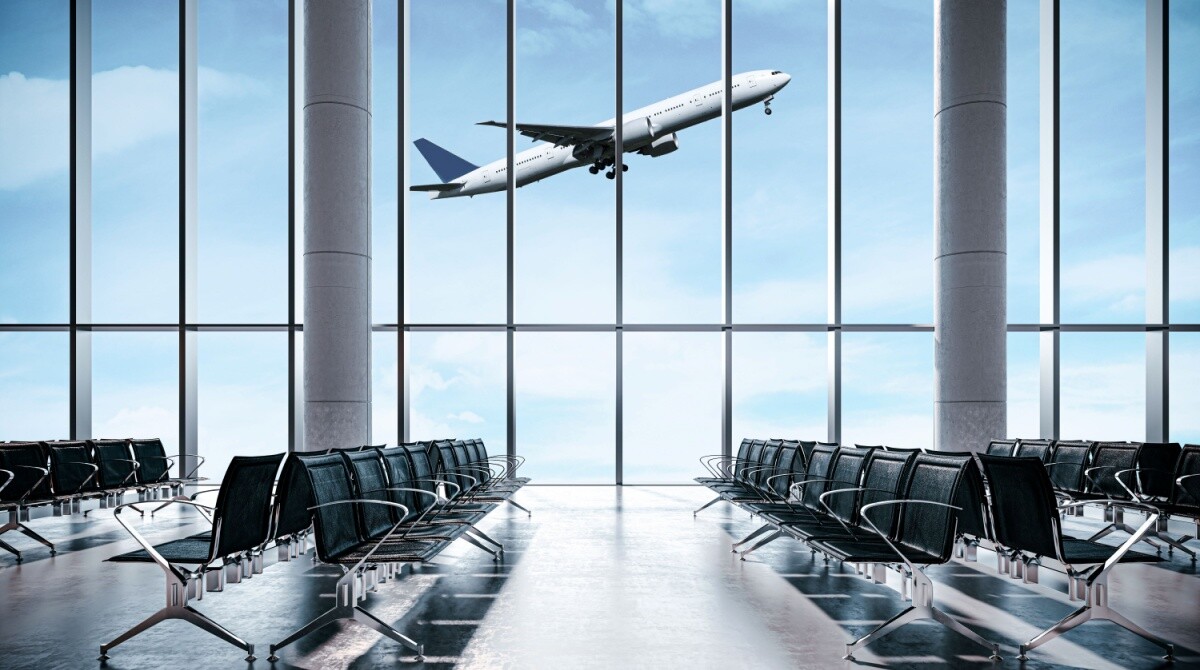
Chicago’s O'Hare International Airport, renowned for its significant role in global air traffic, is undergoing a transformative upgrade through the ElevateT3 project. This $300 million endeavor, bolstered by a substantial $90 million from President Joe Biden’s Bipartisan Infrastructure Law (BIL), marks a pivotal advancement in airport infrastructure, set to redefine passenger experience and operational efficiency at one of the busiest airports in the United States.
ElevateT3 is an integral component of the broader O’Hare 21 initiative, which aims to modernize and expand the airport into a more efficient and accessible international gateway. The project's primary focus is on upgrading Terminal 3, which involves a comprehensive overhaul of customer amenities, security screening processes, airport operations, and accessibility for passengers with disabilities.
The construction plans include several critical upgrades:
- Reconfiguration of TSA Checkpoints: Two existing Transportation Security Administration (TSA) checkpoints will be merged into a single, more efficient screening area equipped with advanced technology to speed up the security process.
- Expansion of Passenger Corridors: The passageway between Concourse K and Concourse L will be tripled in width, facilitating smoother movement of passengers and reducing congestion.
- Baggage Claim and Handling Upgrades: A complete reconfiguration of the baggage claim area and enhancements to the baggage handling system will expedite and secure the sortation and delivery of passenger luggage.
- New Concessions and Amenities: Approximately 10,000 square feet of new concessions and amenity spaces will be developed, alongside renovated restrooms and a new family restroom area.
- Structural and System Renovations: Updates to the terminal’s interior and exterior structures and systems are planned to improve the building's overall energy efficiency.
“Today marks a significant step forward in redefining the travel experience at O'Hare International Airport through the ElevateT3 project. This transformative initiative not only boosts our infrastructure but also strengthens Chicago's position as a global aviation leader, thanks to substantial support from the Bipartisan Infrastructure Law.”
Mayor of Chicago | Brandon Johnson
Construction Strategy and Challenges
Managed by COT3, a joint venture between Clark Construction and W.E. O’Neil, the construction of ElevateT3 is expected to span just over three years, with completion targeted for summer 2027. One of the significant challenges in this project involves maintaining airport operations throughout the renovation. A phased construction approach will be employed to ensure that Terminal 3 remains operational, minimizing disruptions to daily airport activities.
Technical and Workforce Aspects
Urban Chicago reports that the technical aspects of merging TSA checkpoints and expanding infrastructure within an operational airport present unique challenges. These include integrating sophisticated conveyor systems and security technologies while ensuring they align with stringent federal aviation and security standards. Moreover, the project will require skilled labor in various domains, including civil engineering, systems engineering, security technology integration, and environmental design.
The construction workforce will benefit from a project of this magnitude due to the extensive range of skills required, from foundational construction work to high-tech system integration. Workers involved will gain valuable experience in a high-stakes environment, enhancing their expertise in airport construction and operations.
As ElevateT3 progresses, it not only represents a substantial financial investment in infrastructure but also a significant opportunity for job creation and skill development in the construction and engineering sectors. The project's impact extends beyond immediate improvements, contributing to long-term enhancements in how airports are designed and renovated in the future.
This project is a testament to the combined efforts of city and state officials, alongside federal support, to fortify the infrastructure that supports one of America’s most critical transport hubs. By investing in such transformative projects, Chicago not only enhances its own economic and logistical capabilities but also sets a benchmark for airport innovation worldwide.
Posted by Judy Lamelza





